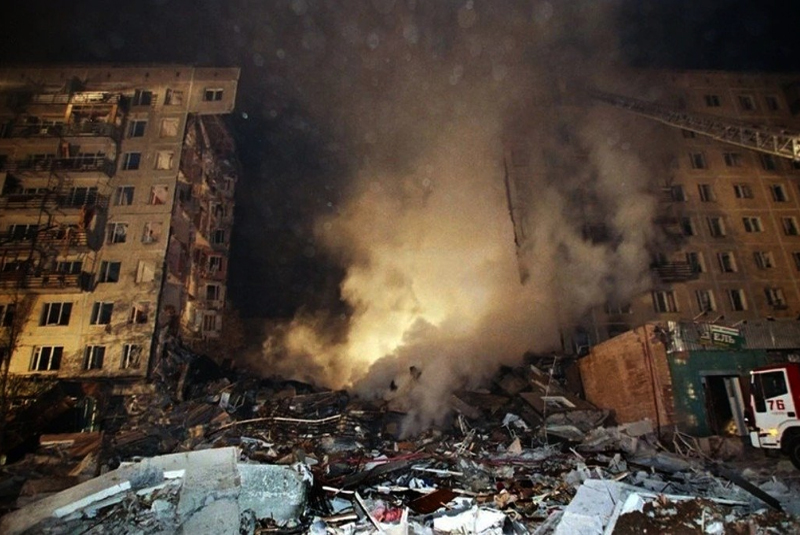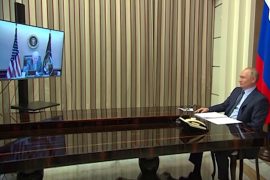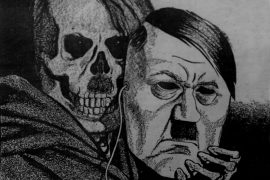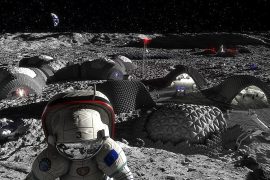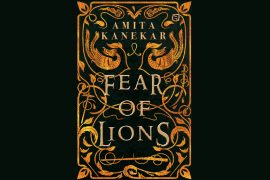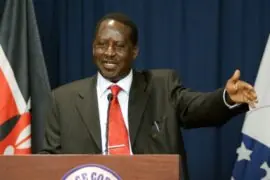Vladimir Putin, the President of Russia, launched an unprovoked attack on Ukraine, which was once a part of the Soviet Union. Putin invaded Ukraine ostensibly because Ukraine was contemplating joining NATO; he was concerned that if Ukraine joins NATO, Russia will be encircled by NATO countries who might deploy their forces along Russian borders, a security threat to Russia.
Mutual distrust among world powers—and their quest to extend their sphere of influence—has contributed significantly to geopolitical tensions. Against this backdrop, it would be pertinent to remember that several security pacts were signed after the First World War. However, a second world war broke out in which millions of innocent people perished.
The Warsaw Pact, which was mainly a defence pact, and NATO, a military alliance, came into existence after the Second World War. After the disintegration of the Soviet Union or Communist Russia, the Warsaw Pact was disbanded from the international scene. However, NATO, which came into existence to serve as a bulwark against communist Russia, continues to exist even after the disintegration of the Soviet Union.
What was the relevance of NATO when there was no threat of invasion by the Soviet Union? Why should NATO continue to exist as a military alliance? To understand the text and the context of the situation, we must to look into the history of geopolitics that shaped the world.
On January 8, 1918, Woodrow Wilson, the President of the United States of America, presented fourteen principles to the United States Congress. Wilson emphasised the importance of moral aims and argued that ‘progressive’ ideas such as ‘free trade’, ‘open agreements’, ‘self-determination’, and ‘democracy’ were essential in ensuring global peace. He used these principles, widely touted as ‘Wilson’s Fourteen points’, in peace negotiations to end the World War. Subsequently, on January 28, 1919, the Treaty of Versailles was signed. It was essentially a peace treaty.
Given the importance of the Treaty of Versailles, it is important to ask a fundamental question: how did the United States of America follow these principles over the years?
Far from adhering to Wilson’s Fourteen Points, successive American governments have followed a policy of expansionism and interventionism, extending their sphere of influence to various regions across the world. America’s policy of expansionism has contributed to and continues to be the fountainhead of international tensions.
The world has witnessed America’s role in eliminating Saddam Hussain, the President of Iraq, by falsely claiming that he had ‘weapons of mass destruction’. The ‘global media’ – the likes of the BBC, CNN, Washington Post, and The New York Times – published false accounts without basic fact-checking or journalistic due diligence. The western governments (particularly America), aided by the western media, have illegally overthrown the leader of a nation through a coup that was carefully orchestrated in Washington. Where is morality in America’s actions?
There is yet another example: Afghanistan. The NATO forces occupied Afghanistan ostensibly to stamp out terrorists. However, despite occupying Afghanistan for over twenty years, America and its NATO allies, with all their sophisticated intelligence systems, did not root out terrorism. On the contrary, the United States of America brokered a deal with the champions of jihadist terrorism, the Taliban.
What happened to all the talk of democracy, human rights and self-determination? Could we conclude that America’s military strategy is a compounding disaster? I would argue so.
The Russian invasion of Ukraine should be examined in this context. According to Russia, NATO’s expansion towards eastern Europe poses a security threat. True, Russia’s invasion of Ukraine appears to be an unprovoked war. Putin’s ultimate aim seems to be reviving Pan-Slavism, a policy followed by the Russian rulers in the nineteenth century.
Putin has unequivocally stated that he wanted to rally all the Slavonic brothers in and around the Russian territory, similar to what was followed by the Russian Emperor Alexander II. By arousing Slavonic consciousness, Putin is attempting to restore Russia’s past glory. Secondly, and more importantly, Putin aims to demonstrate that Russia is still a major power in world politics, even though the Soviet Union has disintegrated.
President Zelensky has willingly and unwisely offered millions of Ukrainians as ‘cannon fodder’. Unfortunately, the power struggles between the two world powers has caused this disastrous war in Ukraine. In addition to the war in Ukraine, such power struggles have led to several wars that have had a disastrous impact on millions of people across the world.
The deaths of millions of people worldwide is, unfortunately, euphemistically called ‘collateral damage’ by diplomats who see it as just another geopolitical game. Major world powers use the rhetoric of ‘democracy’ and ‘human rights’ only when it suits them. History shows us that they have acted in a Machiavellian way, using peace only as ‘breathing time’ to prepare for their subsequent military campaigns.
If security pacts have no meaning, if they can not prevent wars among nations, and if leaders of major world powers continue to act as they please, destroying whatever comes their way, the world will continue to become a far more dangerous place than ever before.
-30-
Copyright©Madras Courier, All Rights Reserved. You may share using our article tools. Please don't cut articles from madrascourier.com and redistribute by email, post to the web, mobile phone or social media.Please send in your feed back and comments to [email protected]

